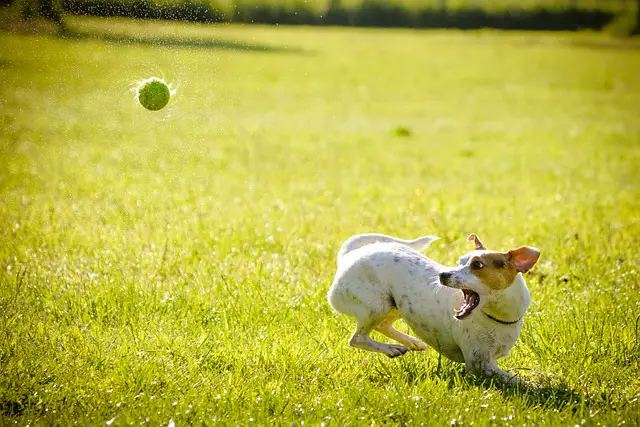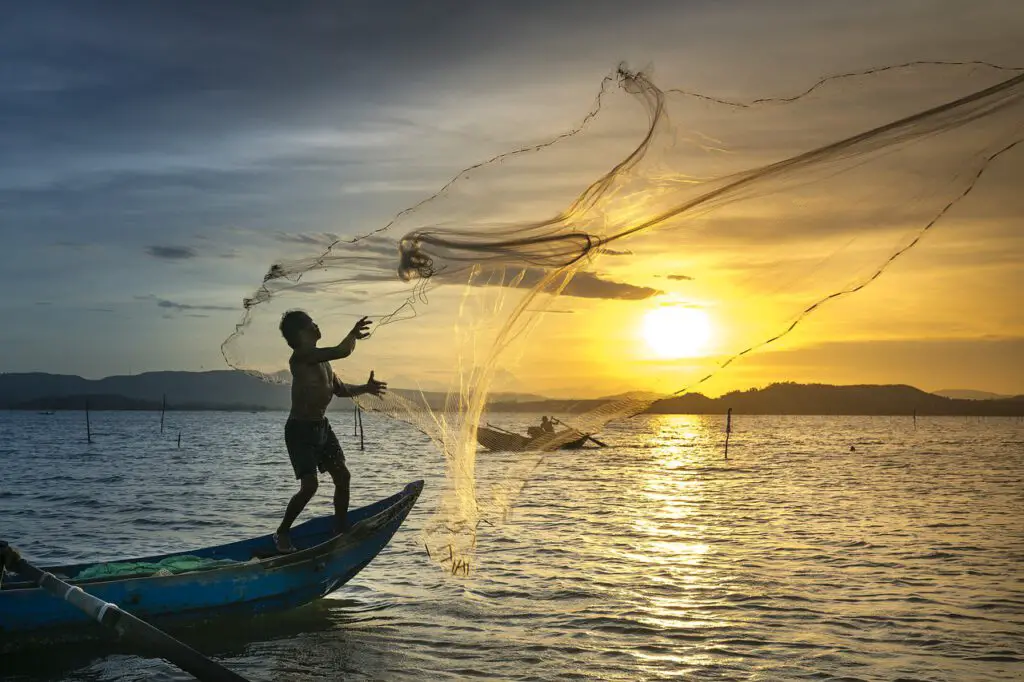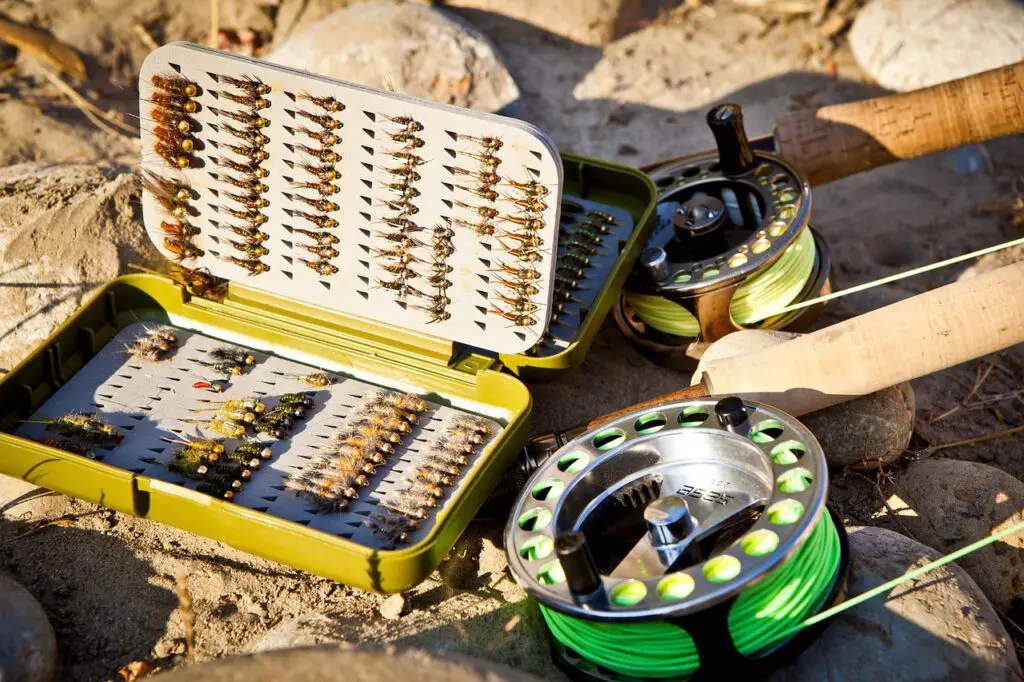Hunting has been an integral part of human civilization for centuries. It started out as a means of survival and slowly transformed into a sport enjoyed by many around the globe. One crucial aspect to understand before embarking on a hunting expedition is when hunting season begins. This guide breaks down everything you need to know about hunting season.
What Constitutes a Hunting Season?
A hunting season is a specific time period when it is legal to hunt particular types of wildlife. These seasons vary based on animal species, location, and hunting methods used. Everything from bird hunting to big game hunting, the hunting seasons are set and controlled by local, state, or national wildlife agencies. The purpose of these strict timelines is to maintain and manage animal populations, ensuring their existence for years to come.
When Does Hunting Season Begin?
Big Game Hunting Season
Big game hunting season typically begins in the fall, from early September to late November. This period coincides with the most active mating time for many large animals. For instance, North American deer hunting season generally starts around this time as deer are in their rut, or mating season, making them more accessible to hunters.
Small Game Hunting Season
Small game, like rabbits and squirrels, generally have longer hunting seasons. In many parts of North America, the hunting season for these animals opens from early fall (around September) and extends through winter until late February.
Waterfowl Hunting Season
For waterfowl like ducks and geese, hunting seasons are usually in the fall and winter, divided into early and late seasons. The early season often starts in September, while the late season can extend until January.
Why Does Hunting Season Differ For Each Species?
Hunting seasons are planned around the life cycles and habits of each animal species. For big game, the season strategically falls when these animals are less vulnerable to over-harvesting. It’s typically during their mating season when animal movements are predictable, increasing hunter’s success rates but not dramatically impacting the overall population.
In contrast, small game and waterfowl have longer hunting seasons considering their abundant populations. Their seasons are set during colder months when these species are more visible and easier to hunt.
Why Is It Important To Follow Hunting Seasons?
Hunting seasons are established to protect animal populations from over-hunting. They allow animals to breed and grow to maintain healthy populations. Hunting outside of designated seasons is prohibited and can result in severe penalties.
Moreover, respecting hunting season dates promotes ethical hunting practices. It ensures that wildlife populations remain sustainable for future generations of both animals and hunters.
How Does One Prepare For Hunting Season?
Preparation for hunting season involves acquiring the necessary licenses and tags, scouting your hunting area, and ensuring all equipment is in working order. Joining a local hunter’s education course is also highly recommended to understand the laws and ethical practices of hunting.
When Does The Hunting Season Begin: A Conclusion
The start of hunting season differs based on the type of game and its geographical location. The purpose of these variations is to preserve animal populations and uphold ethical hunting standards. Whether you’re an experienced hunter or new to the sport, it’s crucial to understand and respect the prescribed hunting seasons. This will not only enhance your hunting experience but will also contribute to the conservation and sustainability of our world’s precious wildlife.




